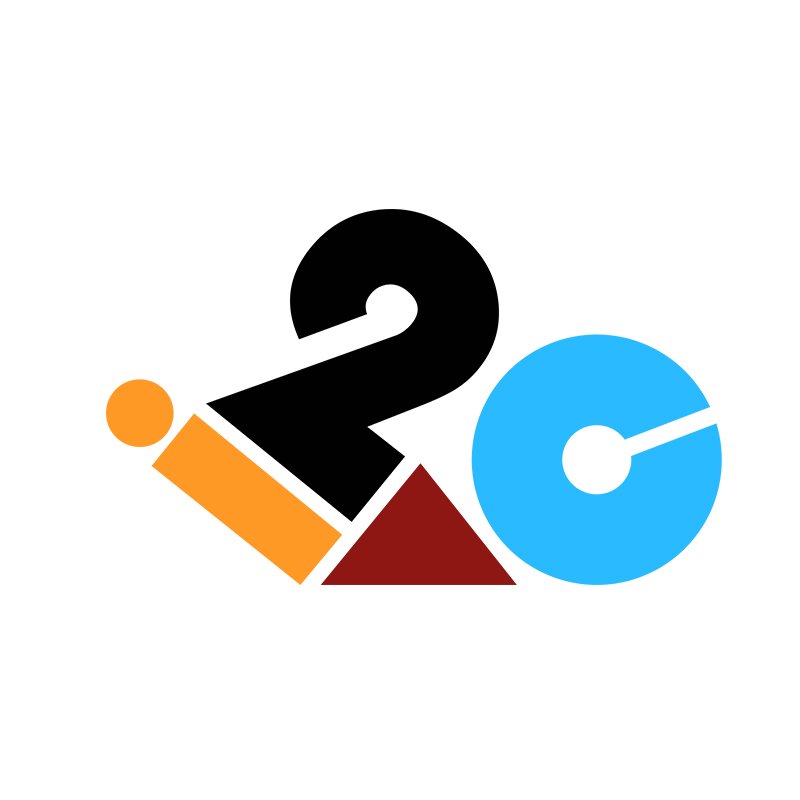Despite the global transformation towards a digital-first world, Healthcare payments remain highly complicated and time-consuming. Sorting through different payment accounts, billing statements and insurance programs is extremely complicated, even if you have a medical degree.
The complexity of the healthcare payments system has resulted in many added costs, most of which are passed down to patients who have become the largest payor in the entire system. For example, healthcare-related billing statements have scores of numbers which include all types of costs, instead of an actual tally of what is owed. Consumers also have to navigate between health spending accounts (HSA) and flexible spending accounts (FSA) to determine which is most applicable for them. Many end up not paying altogether as they get lost in the complexity of it all.
So, what does this mean for doctors (providers) who have spent years in medical school mastering their craft? It means they are forced to act as account receivable managers and bill collectors, which is ultimately a waste of their skills and time.
However, with the integration of AI and sophisticated data modeling, technology is finally catching up to these problems. The traditional, paper-based payment models are becoming obsolete as digitally enabled alternatives start to enter the market.
One such innovation comes from an i2c Inc. and SmartHealth collaboration that is using an open banking platform to host the first credit cards dedicated solely to healthcare. The cards are designed to simplify the payment portion of the patient/provider relationship and will work wherever Visa is accepted. COVID-19 has reminded us that healthcare costs are extremely difficult to plan for and very expensive for consumers with high-deductibles and copays. The new healthcare-focused credit card will reduce the constant worry of having to pay for unplanned medical expenses out of pocket.
Jim McCarthy, President of i2c, explained that healthcare payments are just like financial services – highly regulated and compliance driven. Every innovation is only as valuable as its ability to enhance the customer journey while staying within the lines set forth by regulators. This is certainly not easy, but not outside the realm of technology’s ability.
“I‘d like to think if we can build a car that can drive itself, we should be able to build a card that can separate medical expenses from everyday spend expenses and that can push rewards to customers for doing the right thing,” McCarthy said. “It shouldn‘t be that hard – something I think is a testament to the data-modeling and artificial intelligence systems that have come along.”
To learn more about the innovation behind card-based healthcare payments, take a listen to Jim McCarthy‘s podcast with Karen Webster of PYMNTS below:


